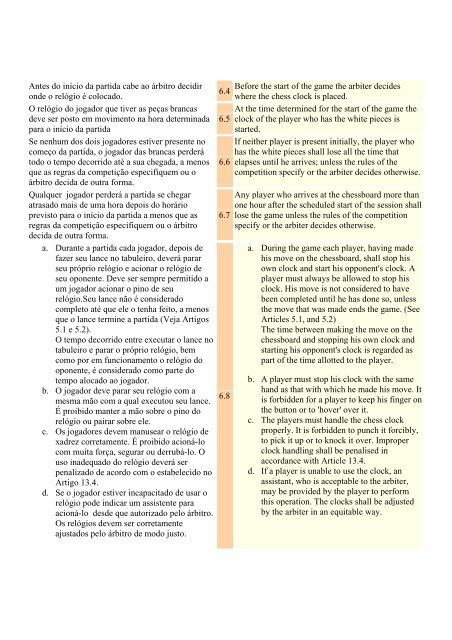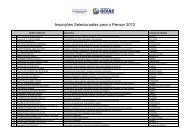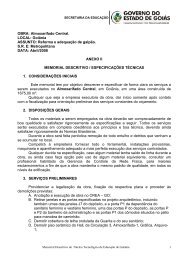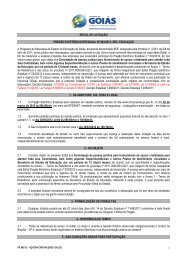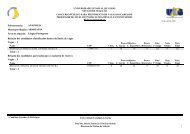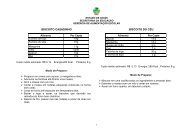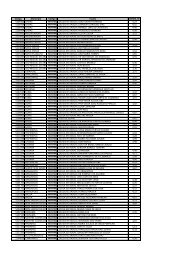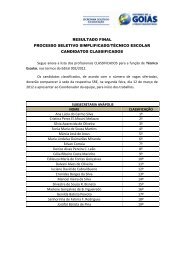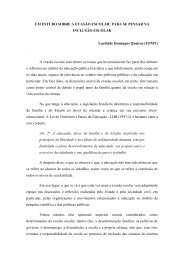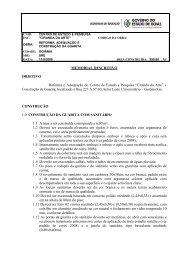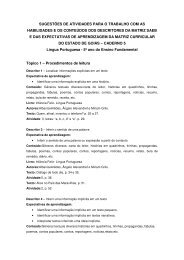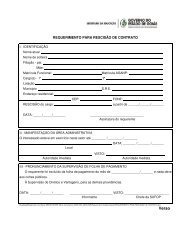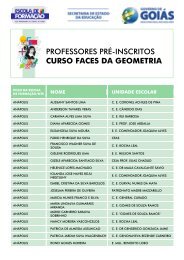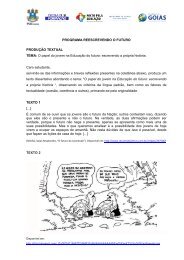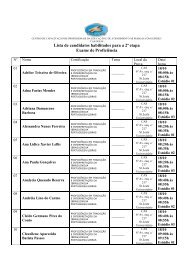Antes do início da partida cabe ao árbitro decidironde o relógio é colocado.O relógio do jogador que tiver as peças brancasdeve ser posto em movimento na hora determinadapara o início da partidaSe nenhum dos dois jogadores estiver presente nocomeço da partida, o jogador das brancas perderátodo o tempo decorrido até a sua chegada, a menosque as regras da competição especifiquem ou oárbitro decida de outra forma.Qualquer jogador perderá a partida se chegaratrasado mais de uma hora depois do horárioprevisto para o início da partida a menos que asregras da competição especifiquem ou o árbitrodecida de outra forma.a. Durante a partida cada jogador, depois defazer seu lance no tabuleiro, deverá pararseu próprio relógio e acionar o relógio deseu oponente. Deve ser sempre permitido aum jogador acionar o pino de seurelógio.Seu lance não é consideradocompleto até que ele o tenha feito, a menosque o lance termine a partida (Veja Artigos5.1 e 5.2).O tempo decorrido entre executar o lance notabuleiro e parar o próprio relógio, bemcomo por em funcionamento o relógio dooponente, é considerado como parte dotempo alocado ao jogador.b. O jogador deve parar seu relógio com amesma mão com a qual executou seu lance.É proibido manter a mão sobre o pino dorelógio ou pairar sobre ele.c. Os jogadores devem manusear o relógio dexadrez corretamente. É proibido acioná-locom muita força, segurar ou derrubá-lo. Ouso inadequado do relógio deverá serpenalizado de acordo com o estabelecido noArtigo 13.4.d. Se o jogador estiver incapacitado de usar orelógio pode indicar um assistente paraacioná-lo desde que autorizado pelo árbitro.Os relógios devem ser corretamenteajustados pelo árbitro de modo justo.6.46.56.66.76.8Before the start of the game the arbiter decideswhere the chess clock is placed.At the time determined for the start of the game theclock of the player who has the white pieces isstarted.If neither player is present initially, the player whohas the white pieces shall lose all the time thatelapses until he arrives; unless the rules of thecompetition specify or the arbiter decides otherwise.Any player who arrives at the chessboard more thanone hour after the scheduled start of the session shalllose the game unless the rules of the competitionspecify or the arbiter decides otherwise.a. During the game each player, having madehis move on the chessboard, shall stop hisown clock and start his opponent's clock. Aplayer must always be allowed to stop hisclock. His move is not considered to havebeen completed until he has done so, unlessthe move that was made ends the game. (SeeArticles 5.1, and 5.2)The time between making the move on thechessboard and stopping his own clock andstarting his opponent's clock is regarded aspart of the time allotted to the player.b. A player must stop his clock with the samehand as that with which he made his move. Itis forbidden for a player to keep his finger onthe button or to 'hover' over it.c. The players must handle the chess clockproperly. It is forbidden to punch it forcibly,to pick it up or to knock it over. Improperclock handling shall be penalised inaccordance with Article 13.4.d. If a player is unable to use the clock, anassistant, who is acceptable to the arbiter,may be provided by the player to performthis operation. The clocks shall be adjustedby the arbiter in an equitable way.
Uma seta é considerada caída quando o árbitroobserva o fato ou, quando um dos jogadores acusara queda de seta.Exceto quando se aplicam as disposições contidasnos Artigos 5.1, 5.2 "a", "b" e "c", perderá a partidao jogador que não completar, em seu tempo, onúmero prescrito de lances. Entretanto, a partidaestá empatada, quando se alcança uma posição emque o oponente não pode dar xeque mate no rei doadversário por qualquer seqüência de lances legaispossíveis, mesmo pelo mais inábil contra-jogo.Qualquer indício dado pelos relógios seráconsiderado conclusivo na ausência de qualquerdefeito evidente. Deverá ser substituído qualquerrelógio de xadrez que tenha defeito óbvio. O árbitrodeverá valer-se de seu bom-senso quando ajustar ostempos a serem mostrados pelos ponteiros dorelógio que substituirá o que apresentava defeito.Se ambas as setas estiverem caídas e for impossíveldeterminar qual delas caiu primeiro, a partidadeverá continuar.a. Se um jogo precisa ser interrompido, oárbitro deverá parar os relógios.b. O jogador somente pode parar os relógios afim de procurar a ajuda do árbitro, porexemplo, quando ocorrer uma promoção e apeça requerida não estiver disponível.c. O árbitro deverá decidir quando a partidadeverá ser reiniciada.d. Se o jogador parar os relógios a fim deprocurar assistência do árbitro, este deverádeterminar se o jogador tem alguma razãoválida para ter feito essa ação. Se for óbvioque não houve razão válida para parar osrelógios, o jogador deverá ser penalizado deacordo com o artigo 13.46.96.106.116.126.13A flag is considered to have fallen when the arbiterobserves the fact or when either player has made avalid claim to that effect.Except where Articles 5.1 or one of the Articles 5.2(a), (b) and (c) apply, if a player does not completethe prescribed number of moves in the allotted time,the game is lost by the player. However, the game isdrawn, if the position is such that the opponentcannot checkmate the player's king by any possibleseries of legal moves, even with the most unskilledcounterplay.Every indication given by the clocks is considered tobe conclusive in the absence of any evident defect. Achess clock with an evident defect shall be replaced.The arbiter shall use his best judgement whendetermining the times to be shown on thereplacement chess clock.If both flags have fallen and it is impossible toestablish which flag fell first, the game shallcontinue.a. If the game needs to be interrupted, thearbiter shall stop the clocks.b. A player may stop the clocks only in order toseek the arbiter's assistance, for instancewhen promotion has taken place and thepiece required is not available.c. The arbiter shall decide when the game is tobe restarted in either case.d. If a player stops the clocks in order to seekthe arbiter's assistance, the arbiter shalldetermine if the player had any valid reasonfor doing so. If it is obvious that the playerhas no valid reason for stopping the clocks,the player shall be penalised according toarticle 13.4.Se uma irregularidade ocorre e/ou as peças devamser recolocadas numa posição anterior, o árbitrodeverá usar o seu melhor discernimento paradeterminar os tempos a serem disponibilizados nosrelógios. Ele deverá também, se necessário, ajustaro contador do número de lances.São permitidos no salão de jogos: telas, monitoresou tabuleiros murais, mostrando a posição atual do6.146.15If an irregularity occurs and/or the pieces have to berestored to a previous position, the arbiter shall usehis best judgement to determine the times to beshown on the clocks. He shall also, if necessary,adjust the clock's move counter.Screens, monitors, or demonstration boards showingthe current position on the chessboard, the moves


